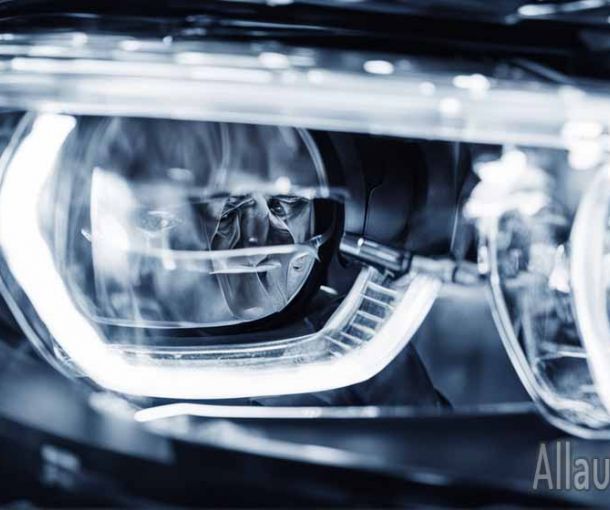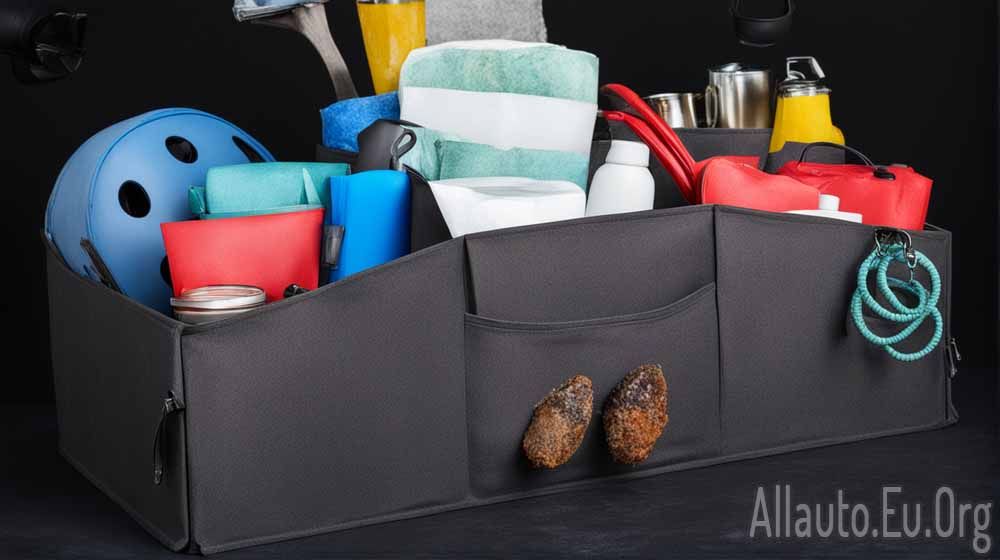

How to Choose the Right Auto Insurance for a RV or Motorhome

RVs and motorhomes are a popular way to travel and explore the great outdoors. Whether you're planning a cross-country road trip or just weekend getaways, it's important to have the right auto insurance coverage to protect your investment and yourself in case of an accident.
With so many insurance providers and policies available, it can be overwhelming to choose the right auto insurance for your RV or motorhome. However, with a little research and understanding of your needs, you can find the right policy that meets your budget and coverage requirements.
In this article, we will discuss the key factors to consider when choosing the right auto insurance for your RV or motorhome.
-
Coverage Types
The first thing you need to consider is the type of coverage you need. Most auto insurance policies offer a range of coverage types, including liability, collision, and comprehensive coverage.
Liability coverage is the most basic type of coverage that every driver is required to have by law. It covers the damages you cause to other people and their property in an accident. Collision coverage, on the other hand, covers the damages to your own RV or motorhome in case of an accident.
Comprehensive coverage is optional but highly recommended. It covers damages to your vehicle caused by non-collision events such as theft, vandalism, or natural disasters.
Other optional coverage types you may want to consider include roadside assistance, personal injury protection, and uninsured/underinsured motorist coverage.
-
Insurance Providers
Once you have determined the type of coverage you need, it's time to look for insurance providers that offer RV or motorhome insurance policies. Not all insurance providers offer coverage for these types of vehicles, so you need to find one that specializes in it.
You can start by asking for referrals from friends or family members who also own RVs or motorhomes. You can also search for insurance providers online and compare their policies, rates, and customer reviews.
Make sure to choose a reputable insurance provider that has a good track record of paying claims and providing excellent customer service.
-
Insurance Rates
Insurance rates vary depending on several factors, including the type and age of your RV or motorhome, your driving record, and your location.
It's important to get quotes from several insurance providers and compare their rates to find the best deal. However, don't just choose the cheapest option without considering the coverage and service quality.
-
Deductibles
The deductible is the amount you have to pay out of pocket before your insurance policy kicks in. Choosing a higher deductible can lower your insurance rates, but it also means you'll have to pay more out of pocket in case of an accident.
Consider your budget and how much you can afford to pay in case of an accident when choosing your deductible.
-
Discounts
Insurance providers offer various discounts that can help you save money on your RV or motorhome insurance. These may include safe driver discounts, multi-policy discounts, and discounts for safety features such as anti-theft devices and airbags.
Make sure to ask your insurance provider about available discounts and take advantage of them to lower your insurance rates.
-
Full-Time or Part-Time Use
If you plan to use your RV or motorhome as a full-time residence, you may need a specialized insurance policy that provides coverage for personal belongings, liability, and living expenses in case of a loss.
On the other hand, if you only use your RV or motorhome for occasional trips, a standard insurance policy may be sufficient.
Make sure to discuss your usage plans with your insurance provider to ensure you have the right coverage for your needs.
-
State-Specific Requirements
Insurance requirements vary by state, so it's essential to know the minimum insurance requirements in the state where you live or plan to travel.
For example, some states may require additional coverage types or higher liability limits for RVs or motorhomes. Failure to comply with these requirements may result in fines or legal issues in case of an accident.
Consult with your insurance provider or state's Department of Insurance to understand the specific requirements in your state.
-
Customer Service and Claims Handling
Lastly, you want to choose an insurance provider that offers excellent customer service and claims handling. In case of an accident or loss, you want to work with an insurance company that is responsive, helpful, and efficient in handling your claim.
You can research customer reviews and ratings online to get an idea of an insurance provider's customer service and claims handling reputation.
In conclusion, choosing the right auto insurance for your RV or motorhome is a crucial decision that requires careful consideration of your needs and budget. Keep in mind the factors discussed above, and don't hesitate to ask questions and get quotes from multiple insurance providers to find the best coverage and rates that meet your requirements. With the right auto insurance policy, you can enjoy your RV or motorhome travels with confidence and peace of mind.
To summarize, when choosing the right auto insurance for your RV or motorhome, consider the coverage types, insurance providers, rates, deductibles, discounts, full-time or part-time use, state-specific requirements, and customer service and claims handling.
By taking the time to research and compare policies, you can find the best coverage and rates that meet your needs and budget. With the right auto insurance policy, you can enjoy your RV or motorhome travels with peace of mind.
Tags
Latest Articles

Most Read
All Tags
Subscribe
Donate
Please consider supporting our efforts.
© 2023 All-Auto.ga All rights reserved.










